Whilst the change in the R&D rates may be well publicised, there are also several other changes coming into effect at the same time. There are other new changes coming into affect in relation to the new merged R&D scheme.
OVERSEAS COST RESTRICTIONS
For accounting periods beginning on, or after, 1 April 2024 payments for overseas externally provided workers or subcontractors will not be qualifying costs, except in limited circumstances. This restriction applies to both the new merged RDEC scheme and the Enhanced R & D Intensive Support (ERIS) scheme.
NORTHERN IRELAND REGULATIONS
However, due to Northern Ireland’s unique position within the EU and UK a Statutory Instrument has been enacted removing the overseas restrictions in certain circumstances. The Research and Development (R and D) Relief (Chapter 2 Relief) Regulations 2024 (‘the regulations’) has effect from 1 April 2024. The regulations apply to companies whose registered office is in Northern Ireland, and whose business does not involve trade in goods or relevant activities in relation to electricity. Relevant activities include the generation, transmission, supply, wholesale trade and cross-border exchange of electricity. The regulations will only apply to the (ERIS) scheme. The restrictions for overseas expenditure will continue to apply for Northern Ireland companies making a claim under the new merged R&D scheme. For companies meeting the criteria the overseas restriction is respect of externally provided workers and subcontractors will not apply. In order to benefit from this provision qualifying companies will need notify HMRC they wish to rely on paragraph 2(2) of the regulations. The notification should be made before, or at the same time as the R and D claim is made.
LIMITS TO RELIEF
There is a limit to the benefit that can be derived from these provisions. The net benefit of all claims made under the ERIS scheme over a 3 year rolling period must not exceed £250,000. The net benefit is broadly the benefit derived from the EIRS scheme in excess of the benefit that would have been derived from a claim under the merged R&D scheme. Any additional expenditure can be claimed for under the new merged R&D scheme.
In response to the growing numbers of high profile tax cases making the headlines, particularly in the R and D, high volume tax repayment agent and tax avoidance scheme sectors, HMRC have launched a consultation regarding the regulation of the tax advice market. Despite the common misconception, anyone can call themselves a tax advisor. There is currently no requirement to have qualifications, experience or even professional indemnity insurance. Whist many advisors are competent and act professionally the minority of those who do not tarnish the reputation of the market as a whole. They also have little regard for their customers and often disappear once an enquiry is opened, leaving their customers with no recourse for bad advice.
POTENTIAL APPROACHES FOR REGULATION
In the consultation HMRC list three potential approaches for regulation:
1. Mandatory professional body membership
2. Joint HMRC – industry enforcement
3. Regulation by a government body
HMRC’s preferred option is for regulation by a professional body. Given HMRC’s lack of resources, together with the fact professional bodies already have established supervisory practices, this option does seem to be the most likely. The consultation states that two thirds of tax advisors are already a member of a professional body. For the majority tax advisors the proposed regulation should not add additional cost or burdens.
COMPLIANCE STATISTICS
The consultation shows higher non-compliance in corporation tax and self-assessment returns filed by unaffiliated agents, and for R and D claims non-compliance was highest for company-submitted returns. However, claims by non professional body affiliated agents had the most exaggerated expenditure claims. Lowest non-compliance occurred with agents who were members of a professional body, supporting HMRC’s push for mandatory professional membership.
R&D AGENT COMPLIANCE MANAGEMENT TEAM
In July 2023 HMRC published their Compliance Approach to R and D, in which they committed to work with agents to improve the quality of R and D claims. Following this HMRC have set up the R and D Agent Compliance Management (ACM) Team. HMRC will invite agents into the ACM and work with them to understand their processes and discuss their claims. This will allow HMRC to suggest improvements to processes and the supporting information provided to HMRC. PGR Advisory are regulated by the Institute of Chartered Accountants Ireland (ICAI) and are registered with HMRC as an agent.

